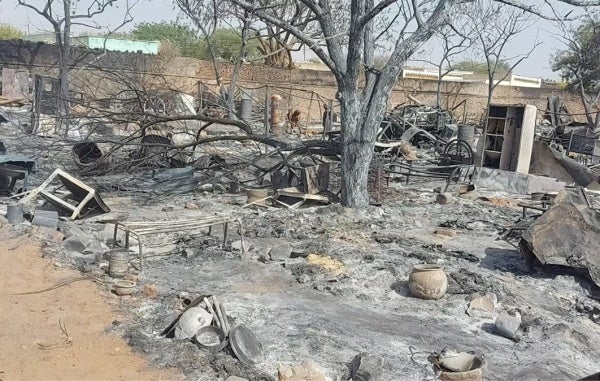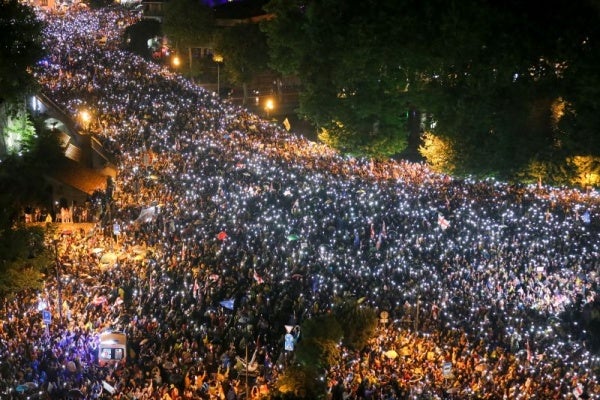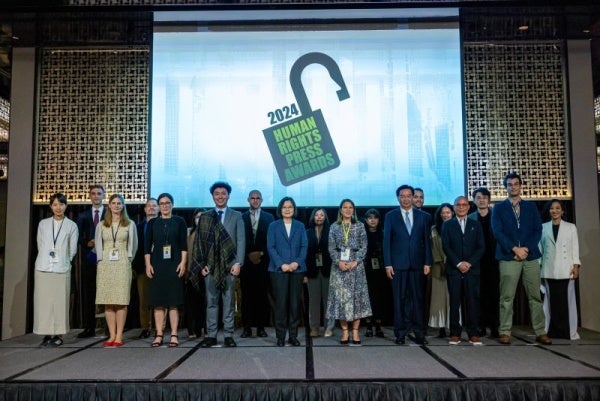Lire la version en français / Hier die deutsche Ausgabe lesen/ Lea la versión en español
Daily Brief subscribers are already familiar with the war in Sudan generally, and atrocities in Darfur more specifically. Since the conflict started in April 2023, we’ve been ringing alarm bells about the crisis, over and over, and highlighting the international community’s failure to address it.
Still, some of the details in a new, 218-page report are exceptionally horrifying.
Our new investigation looks at how the Rapid Support Forces (RSF) and their allied militias carried out wave after wave of attacks in El Geneina, the capital city of West Darfur state last year. They killed unarmed civilians in their thousands, raped women and girls, and tortured detainees.
The RSF and allied militias also looted on a massive scale and razed entire neighborhoods to the ground. They sent hundreds of thousands fleeing over the border to Chad.
These attacks were targeted on ethnic grounds, not random. The RSF and their allied militias focused on neighborhoods of El Geneina that were predominantly home to ethnic Massalit people.
The RSF is largely recruited from the old Janjaweed, the militia known for their appalling crimes against non-Arab groups, including the Massalit, in 2003-2004. The RSF’s allied militias are mainly Arab. Attackers used ethnic slurs against their victims and made it clear they wanted them out of Darfur.
Many of the atrocities described in the new report are war crimes or crimes against humanity. The targeting of the Massalit, with the apparent aim to have them permanently leave Darfur is ethnic cleansing.
It is also possible the RSF and their allies killed Massalit civilians with the specific intent to destroy in whole or in part the Massalit population in at least West Darfur. That would mean we’re looking at possible genocide here – perhaps even still in progress.
Of course, there must be justice for crimes committed, and the new report identifies individuals who held command responsibility over forces that carried out these crimes. The global community should support the investigations of the International Criminal Court (ICC) – and not just in its Darfur work, but across all the court’s work.
However, justice takes time – the first ICC trial of Darfur crimes from 2003-2004 only started in 2022 – and the people of Darfur are under threat again right now.
Human Rights Watch is therefore calling on the United Nations, in coordination with the African Union, to deploy a new mission to protect civilians at risk in Sudan. This mission – along with other measures, like targeted sanctions on perpetrators and an expanded arms embargo – is needed urgently.
How many more massacres must the people of Darfur suffer before governments take serious action?













